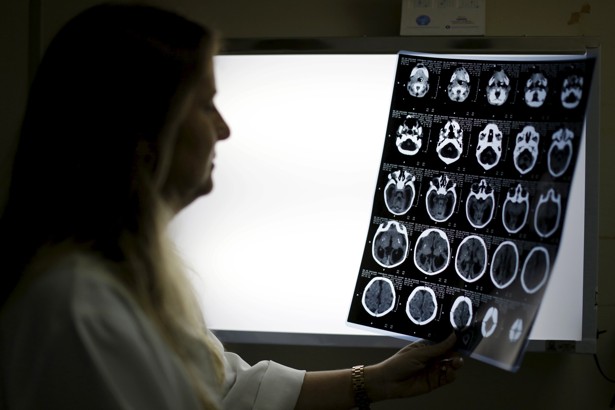
Ueslei Marcelino / Reuters
CLICK HERE - RESEARCH - Zika Virus Infects Neural Progenitors in the Adult Mouse Brain and Alters Proliferation
New research has found evidence the mosquito-borne virus can adversely affect cells necessary for replenishing damaged neurons.
theatlantic.com - by Marina Koren - August 19, 2016
Zika is understood to pose the greatest threat to pregnant women and their fetuses, which can be born with severe brain defects if infected with the mosquito-borne virus. But new research suggests Zika may damage adult brains, too, giving scientists another thread to follow in their attempts to understand the virus as the number of infections continues to rise in South America, the Caribbean, and elsewhere.
U.S. researchers have found evidence that a certain kind of brain cell present in newborns that remains in some amounts in adulthood can be susceptible to Zika infection, according to a study published Thursday in the journal Cell Stem Cell.
(READ COMPLETE ARTICLE)
ALSO SEE RELATED ARTICLES WITHIN THE LINKS BELOW . . .
Recent Comments